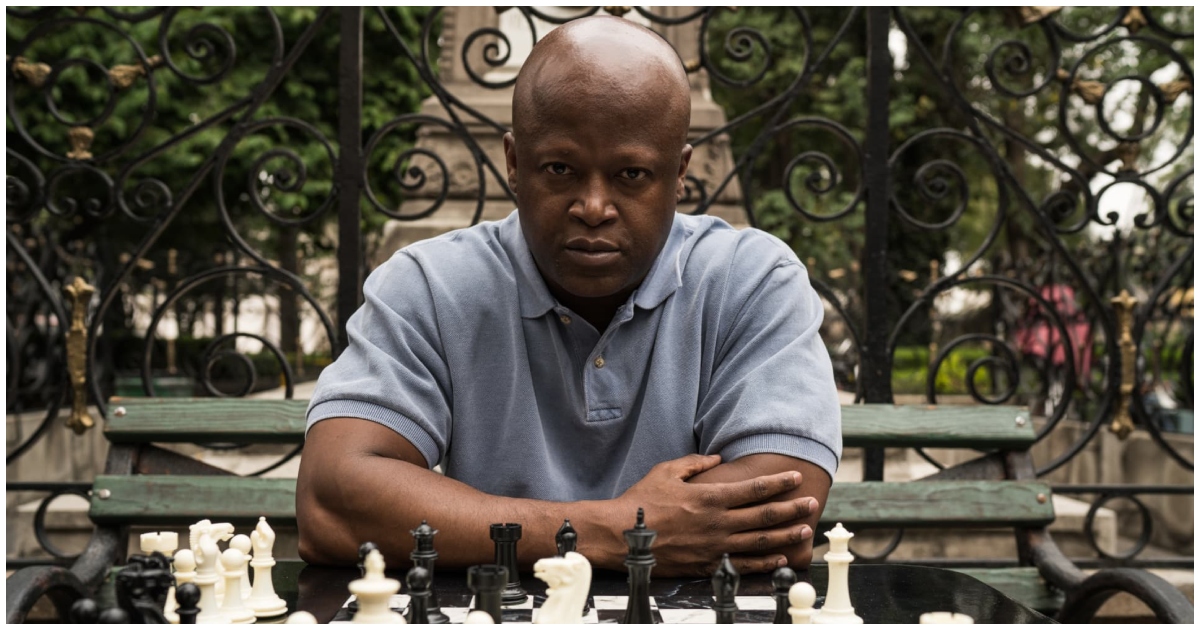Maurice Ashley, a name etched in the annals of chess history, made waves in 1999 when he became the first Black Grandmaster. Despite this groundbreaking achievement, the dream of a surge in Black chess grandmasters remains largely unfulfilled. Today, Ashley dedicates his life to breaking barriers and championing diversity in the chess world.
The Legacy of Maurice Ashley: First Black Chess Grandmaster
Maurice Ashley’s journey to becoming a grandmaster wasn’t an easy one. Born in Jamaica and introduced to chess at the age of 14, he quickly fell in love with the game. By 1987, Ashley reached an Elo rating of 2,400, just shy of the 2,500 needed to become a grandmaster. However, financial constraints forced him to pause his pursuit, as coaching became his primary source of income.
“It was a tough balance,” Ashley recalls. “Coaching takes you away from the intense preparation required to compete at the top level.” Only in 1997, with the help of a sponsor, did he finally focus solely on his dream. Two years later, history was made.
Diversity in Chess: Challenges Faced by Black Players
Despite the large number of Black chess enthusiasts worldwide, the representation of Black grandmasters remains minimal. Notable names like Sweden’s Pontus Carlsson (2007) and Zambia’s Amon Simutowe (2009) are among the few who followed in Ashley’s footsteps. The dearth of Black grandmasters surprises Ashley, especially given the vibrant chess culture in parks across cities like New York.
“Culturally, chess hasn’t been nurtured in the Black community,” Ashley explains. While many Black children excel at chess recreationally, few see it as a viable career path. A lack of representation in elite chess clubs, where diversity is minimal, further fuels this challenge. “People gravitate to spaces where they feel welcomed,” he adds.
Creating Opportunities: Maurice Ashley’s Efforts to Foster Talent
Maurice Ashley has taken it upon himself to change the narrative. By establishing a $20,000 chess fellowship in the United States, he aims to support aspiring Black grandmasters. His initiatives also extend to Jamaica, where he collaborates with the government to develop elite players.
“It’s now my responsibility,” Ashley asserts. “Barriers don’t just break by themselves; there must be a concerted effort.” Through coaching and mentorship programs, he hopes to inspire the next generation of players to pursue chess professionally.
The Path Ahead: Building a Diverse Chess Community
Ashley is optimistic about the future. Young talents like Brewington Hardaway, a 15-year-old American prodigy, represent the potential for a more inclusive chess landscape. However, Ashley emphasizes that structural changes, including creating welcoming spaces and financial support systems, are vital for sustained progress.
“It’s not just about playing the game; it’s about making the chess world accessible,” he says. Ashley’s journey and advocacy underscore the importance of representation and inclusion in every field.





